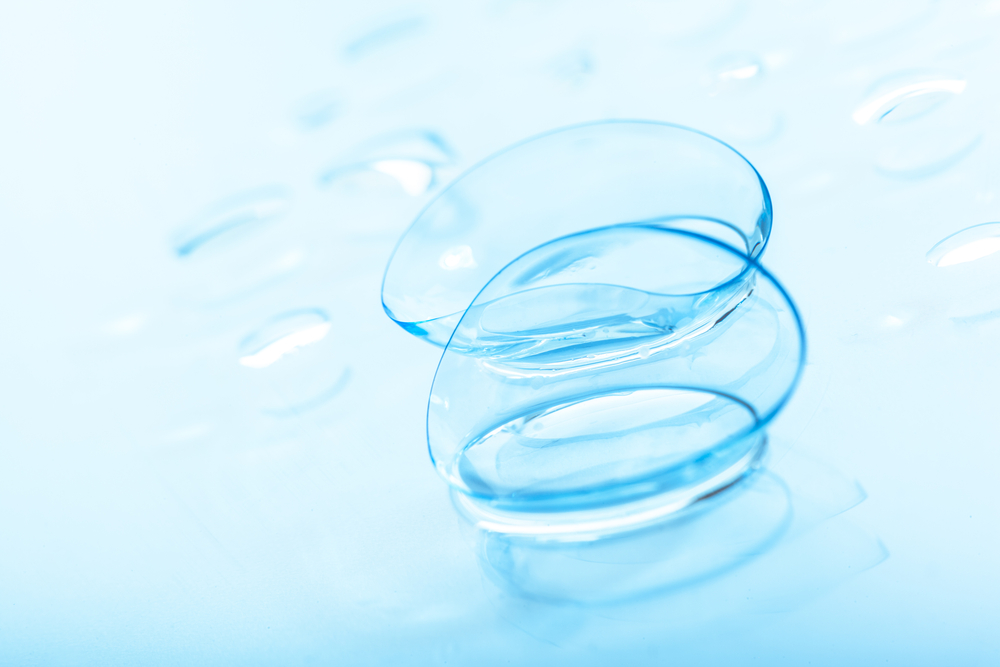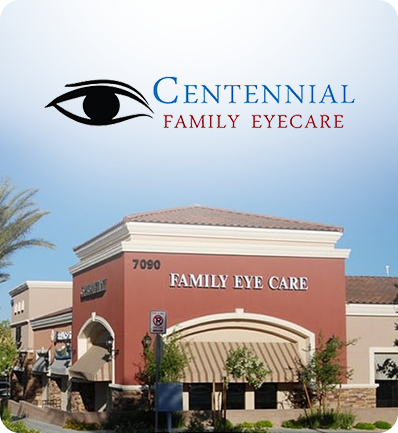
When it comes to taking care of your eyes, specialty contact lenses can play a vital role in maintaining the health of your corneas. These lenses are designed to address specific eye conditions and provide enhanced vision correction. Unlike regular contact lenses, specialty contact lenses are tailored to suit unique needs, making them a valuable option for those with corneal eye conditions.
Common Corneal Eye Conditions
Corneal eye conditions can cause discomfort and affect your vision. They can include keratoconus, corneal dystrophy, corneal scars, and corneal irregularities caused by eye injuries or surgeries. These conditions can result in blurred vision, astigmatism, sensitivity to light, and even visual distortion. It is crucial to understand these conditions to appreciate the role of specialty contact lenses in addressing them effectively.
How Specialty Contact Lenses Address Specific Corneal Eye Conditions
Specialty contact lenses are designed to provide custom solutions for corneal eye conditions. For example, for individuals with keratoconus, a condition where the cornea becomes cone-shaped, specialty lenses such as scleral lenses can offer improved vision and comfort. These lenses vault over the cornea, creating a smooth optical surface and providing better focus.
Similarly, corneal dystrophy, which causes clouding or thinning of the cornea, can be managed with specialty contact lenses like hybrid lenses. These lenses combine the clarity of rigid gas permeable lenses with the comfort of soft lenses, resulting in improved vision and reduced discomfort.
For corneal scars or irregularities, custom-made prosthetic lenses can be used. These lenses match the unique shape and color of the damaged eye, offering both cosmetic enhancement and visual correction.
Types of Specialty Contact Lenses
There are several types of specialty contact lenses available, each designed to address specific corneal eye conditions. Scleral lenses, as mentioned, are large lenses that rest on the sclera (white part of the eye) and vault over the cornea. These lenses provide a protective reservoir of fluid between the lens and the cornea, offering comfort and improved vision for individuals with irregular corneas.
Hybrid lenses combine the best features of rigid gas permeable lenses and soft lenses. These lenses have a rigid center for clear vision and a soft outer ring for enhanced comfort. Hybrid lenses are an excellent option for those with corneal irregularities, providing sharp vision and allowing oxygen to reach the cornea.
Prosthetic lenses are custom-made to match the appearance of the non-damaged eye. These lenses can help improve the appearance of disfigured or scarred corneas while providing vision correction.
The Role of an Eye Doctor in Prescribing and Fitting Specialty Contact Lenses
Prescribing and fitting specialty contact lenses requires the expertise of an eye doctor. These professionals assess your corneal condition and determine the most suitable type of specialty lenses for your specific needs. They take precise measurements of your eyes, including corneal curvature and size, to ensure a proper fit.
During the fitting process, an eye doctor may use diagnostic tools to evaluate the fit and performance of the lenses. They may also make adjustments to optimize comfort and visual acuity. Regular follow-up appointments are essential to monitor the condition of your corneas and make any necessary changes to your lenses.
Are Specialty Contact Lenses Right for You?
Specialty contact lenses play a crucial role in maintaining the health of your corneas, especially for individuals with corneal eye conditions. By addressing specific conditions such as keratoconus, corneal dystrophy, and corneal irregularities, these lenses provide enhanced vision correction and improved comfort. The different types of specialty contact lenses, including scleral lenses, hybrid lenses, and prosthetic lenses, offer tailored solutions to suit individual needs.
If you are experiencing visual challenges with a corneal eye condition, schedule a consultation with our eye doctor to explore the benefits of specialty contact lenses. Take the necessary steps to maintain the health of your corneas and enjoy improved vision and comfort, visit Centennial Family Eyecare at our offices in Las Vegas or Henderson, Nevada. Call (702) 941-7800, (702) 803-2020, or (702) 299-6200 to book an appointment today.





